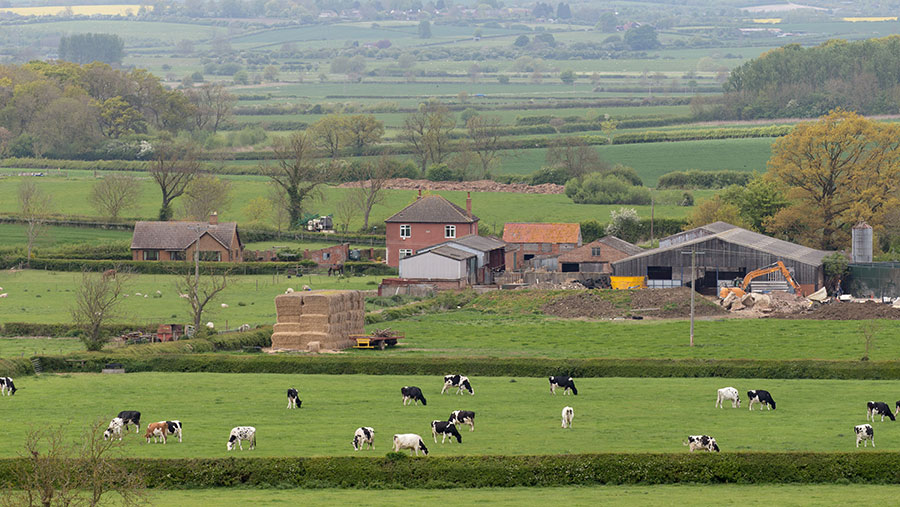Scottish government urged to simplify farm support
 © Tim Scrivener
© Tim Scrivener The Scottish government says it will take on board recommendations for a simpler and more flexible approach to farm support.
It follows the findings of a taskforce set up to examine how support should be delivered to Scottish farmers and crofters from 2021-24 – after the UK leaves the European Union.
See also: Minister sets up working group on Scottish farming
The taskforce has recommended changes to online land mapping systems and appeals processing to take a more proportional approach to financial penalties when errors are found.
It also suggests the standardisation of capital grant rules.
In terms of mapping, the taskforce says a more accurate and readily accessible set of data is needed to allow businesses to submit updates to maps quickly and accurately.
This will allow more accurate applications for payments.
A deadline for land mapping changes should be considered so the Scottish government can action amendments submitted by customers before the SAF application windows, says the report.
The aim of this recommendation is to improve the stability of mapping data during the submission and processing periods for customer applications.
Rather than imposing penalties straight away, the report says warning letters should be sent out initially where errors are discovered for the first time at inspection.
The proportionality of penalties should also be reviewed, says the report.
Scottish rural economy secretary Fergus Ewing said: “This report sets out how we might move beyond the current regulatory approach to providing support to farmers and crofters.”
Work is now under way to consider how best to take these recommendations forward, including how they might inform the advice from the Farming and Food Production Future Policy Group.
Mr Ewing said the taskforce had recognised the need for more flexibility, simplicity and support in areas that farmers and crofters had repeatedly highlighted as needing improvement.
“These recommendations have the potential to create a more farmer-focused approach, through more proportionate penalties and creating a better customer experience.”
He added: “That is why we have already committed to improving land mapping with a new land parcel identification system, and we have also taken steps to improve the appeals process.”
